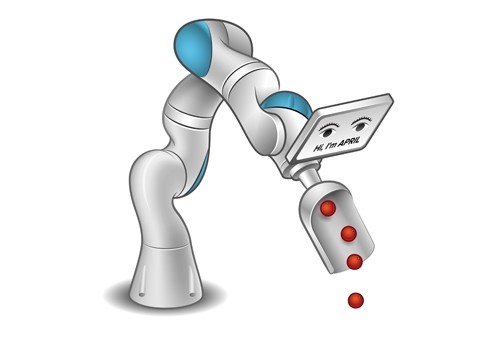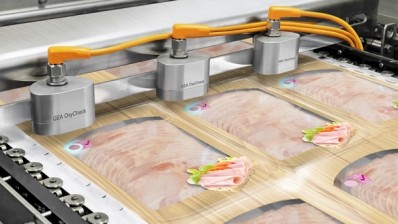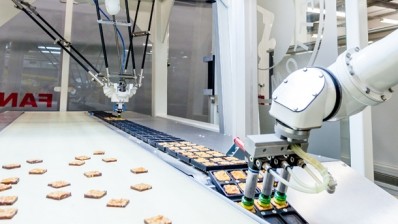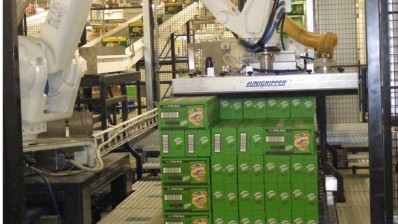Robotics in food manufacture gets government boost

The one-year project, which involves automation equipment specialist OAL and the University of Lincoln, is tasked with developing innovative robotics material handling systems for food manufacturers. It will focus on automating the processes of handling, weighing and transporting raw ingredients.
Another key objective of the research is to develop hygiene and food safety features that will be crucial when using robotic production systems within food manufacturing.
The project is supported by science and technology funding body Innovate UK and the Engineering and Physical Sciences Research Council’s Robotics and Autonomous Systems research fund.
“Food manufacturers are facing rising costs and with little opportunity to increase their prices, they are seeking new and effective ways of improving productivity,” said Harry Norman, md of OAL.
“Throughout the project, we’ll be taking a step-by-step approach, working our way through common operations found across the food manufacturing sector, such as weighing, sieving, and moving ingredients around.
‘Flexible robotic systems’
“One criticism of automated systems in the past has been the lack of flexibility, but we will aim to develop flexible robotic systems that can handle some of these tasks and take the pressure off food manufacturers.”
The researchers will conduct an in-depth study of the processes currently used in the industry and will then develop new automated raw material handling systems to integrate with OAL’s existing technologies, which are already widely used across the industry.
By automating the handling and movements of raw ingredients, the researchers hope to make advances in efficiency, quality and quantity in the production of food products such as sauces and soups when compared with traditional processing technologies.
The research will take place in the dedicated Robotics & Automation Zone of the National Centre for Food Manufacturing (NCFM) at the University of Lincoln’s Holbeach Campus in South Lincolnshire.
The University of Lincoln already works closely with OAL, supporting both the latter’s recently developed Automated Processing Robotic Ingredient Loading (APRIL) robotic chef development and two other Innovate UK projects focused on steam infusion high-speed cooking and cryogenic cooling of food products.
‘Time is right for robotics’
“I’ve been automating food production systems for my whole career, nearly 30 years, and the time is right for robotics,” said Stephen White, OAL’s lead automation engineer on the project. “There have been a couple of false dawns but the industry needs a productivity boost and the technology is now available at the right price point – it’s really exciting.
“APRIL is a great example of this in the way she uses robotics to simplify how we cook food. We’re able to emulate how you would cook at home with small batches with up to half the amount of capital of equipment required in a traditional system.”
Mark Swainson, deputy head and lead for research and higher education at the NCFM, added: “This project tackles directly many of the technical and scientific challenges in material handling for robotic automation of food manufacturing processes. In doing so, it will greatly enhance the potential for companies of all sizes to embrace the improvements in productivity, sustainability and quality which these technologies make possible.”
OAL’s latest system, the APRIL Weighing Station, an automated dry weighing system will launch at the Interpack 2017 show, which takes place in Düsseldorf from May 4–10.


















